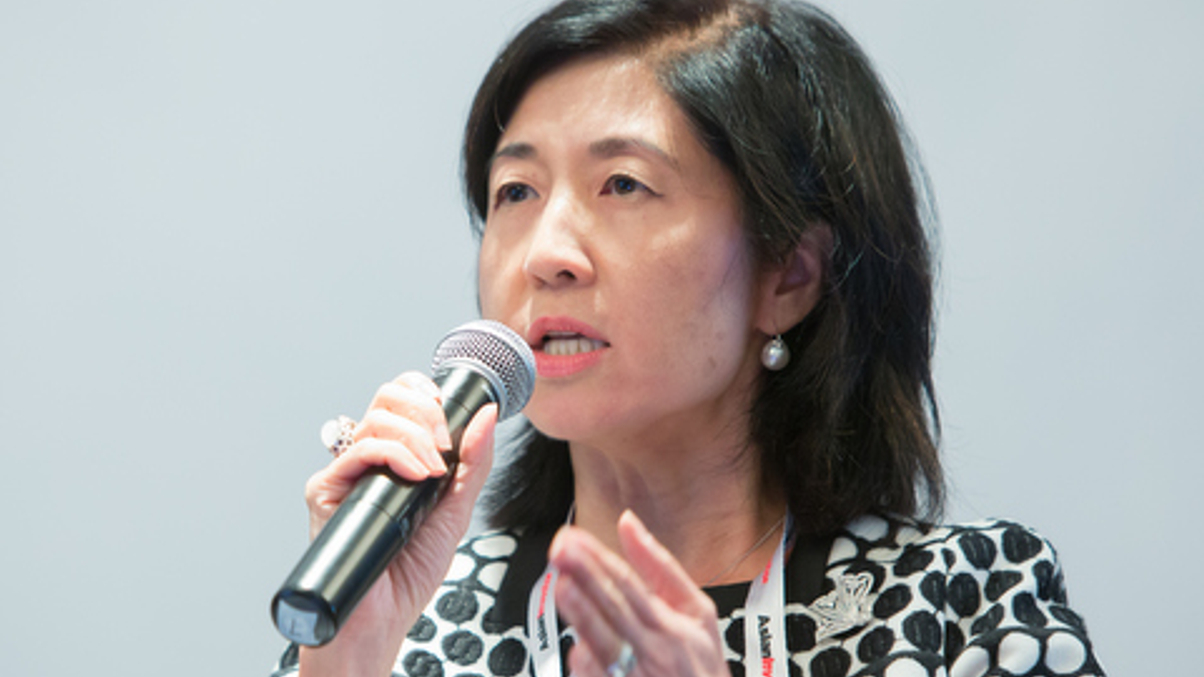Standard Life Investments in talks with China P2P firms
The UK asset manager is discussing providing product for Chinese peer-to-peer firms’ online platforms, amid debate over the potential disintermediation of traditional distributors.

Traditional fund distributors in Asia may dismiss concerns that financial technology will take business away from them, but asset managers are clearly eyeing the potential of new electronic channels, particularly in China.
Sign in to read on!
Registered users get 2 free articles in 30 days.
Subscribers have full unlimited access to AsianInvestor
Not signed up? New users get 2 free articles per month, plus a 7-day unlimited free trial.
¬ Haymarket Media Limited. All rights reserved.


